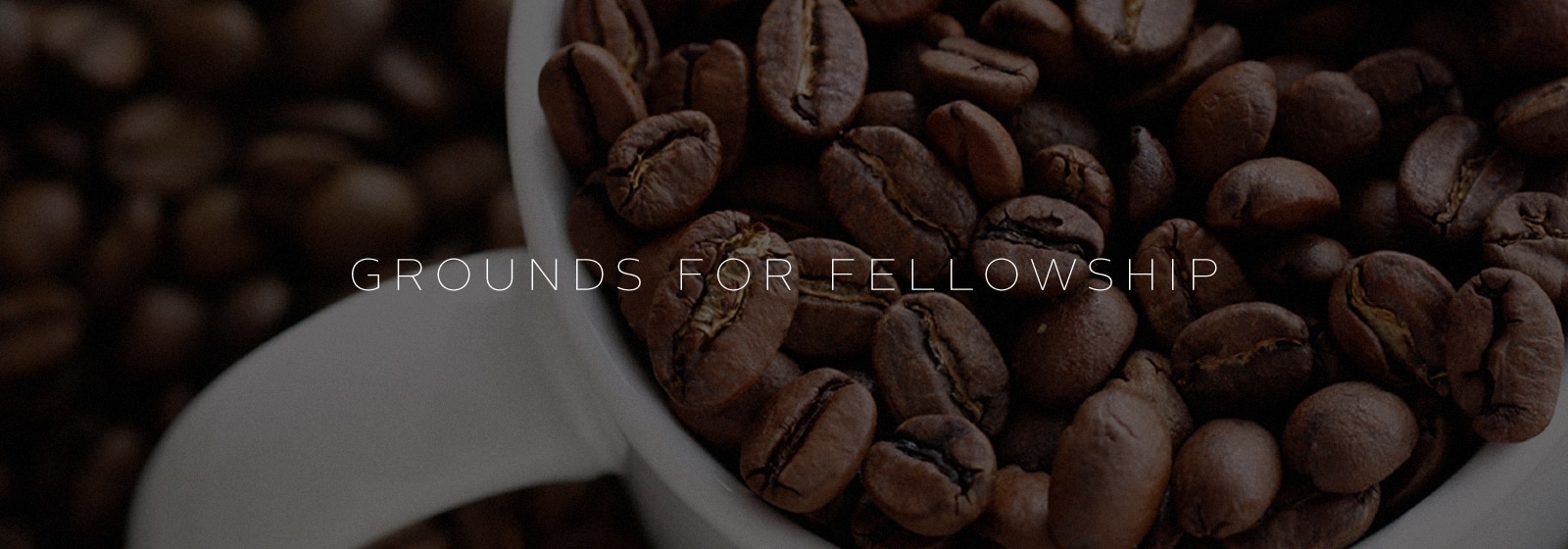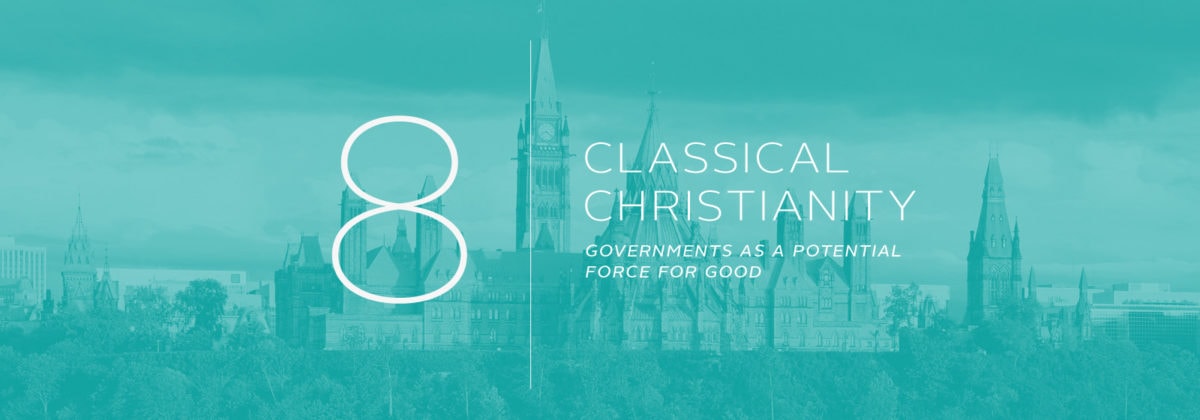Like any good Vancouverite, I drink a fair amount of coffee. And while the majority of my consumption takes place at work, where the best that can be said of it is that it is often hot, my sister has slightly higher expectations for her daily cup. So for her birthday last week I toddled off to Crate and Barrel to purchase the long considered Chemex coffee carafe (with the necessary filters). For the truly artisanal coffee experience that the Chemex promises to deliver, one can hardly pop into Safeway for whatever vat of coffee beans is the special of the week, so we headed to Matchstick Coffee to purchase the beans which we would carefully grind (preferably with a burr grinder) to make the perfect cup.
Let me pause here and say that, although coffee is not a particular passion of mine, I firmly believe that we all have everyday rituals, and if those rituals can be made thoughtful and beautiful, then Huzzah! Life then contains more for which to be consciously grateful.
While we were standing in line to buy our coffee beans, I became aware of my surroundings. In the back of my mind there was a hum, a faint discomfort, the feeling that I was somehow a little out of place. Matchstick is a beautiful little coffee shop. It is calm and lovely, and this morning, it was full of calm and lovely people. The only thing was, they looked nothing like me. I was all of a sudden terribly conscious of everything about myself. My favourite pointy toed heels that almost completely cover my only tattoo, my non-skinny trousers, my plastic flower earrings and the bright red sweater that matched my lipstick.
I felt rather embarrassingly … fancy. There’s no other word for it. The image that I had been pleased to present when I left the house now felt a little ridiculous. Despite the fact that I had a friendly interaction with a woman and her very cute baby, despite the fact that the staff at the counter were helpful and lovely (they are always delightful at Matchstick), I felt that I had stumbled into the territory of a completely different tribe.
And here’s the important thing to understand. It was not the very pleasant patrons at the coffee shop with their thoughtfully considered aesthetic that were making me feel this way; not even a little bit. If anyone interacted with me at all, it was with kindness and courtesy. It was my own recognition of our differences and my own insecurity.
The only thing that can supersede our differences and fit all of our other identifying features into their correct and useful places is the great reality of God’s love for us, a love which we return to him and offer to one another.
This realization made me seriously consider two things. The first was that perhaps I spend a little too much time thinking about my accessories. The second, and far more important, was to wonder how people felt when they approached the groups milling about before church on Sunday. We all carry so much baggage and insecurity with us, not just regarding appearance, but about beliefs, relationships and experience. And as we consider what it means to exemplify the loving hospitality of God, we should honestly ask ourselves a couple of specific questions. What is meant to be the defining characteristic of the family of God? What is the defining characteristic of my particular outpost of God’s family at St. Peter’s?
If walking into a perfectly pleasant coffee shop made me feel like a bit of an outsider, despite the fact that everyone was just there for coffee, how much more thoughtful do I have to be when it comes to welcoming people into my family, the church?
What are the things that identify us as a group? There are the usual things: language, dress, modes of interaction, experience, interests and humour. Most especially humour, a joke binds people together and excludes them faster than almost anything else. The things that make us distinctive as individuals and as a congregation can be celebrated and helpful. Our areas of interest and our passions, even the ways in which we choose to present ourselves can often be the ways in which we engage with the community around us. But if our bonds of fellowship are rooted in the camaraderie of a shared slice of culture or even a common life experience, there will inevitably be those who find themselves standing in the foyer wondering if they’ve wandered into foreign territory without a guide or a passport.
The reality is that our identity and our bonds of fellowship are rooted in something far deeper and more encompassing. We invite people into a family whose identity is based on one thing and one thing only. Paul explains this to the Ephesians when he says, “So then you are no longer strangers and aliens, but you are fellow citizens with the saints and members of the household of God, built on the foundation of the apostles and prophets, Christ Jesus himself being the cornerstone, in whom the whole structure, being joined together, grows into a holy temple in the Lord” (Ephesians 2:19-21).
How do we proclaim this new identity and invite people into a radical sort of belonging? Jesus told his disciples exactly how people would recognize his family; he said, “A new commandment I give to you, that you love one another: just as I have loved you, you also are to love one another. By this all people will know that you are my disciples, if you have love for one another“(John 13:34-35).
This Sunday morning, as we mill about the foyer drinking coffee before Church (the coffee’s not a work of art, but it’s not bad), how will we demonstrate our true identity? How will we communicate that, despite a certain shared aesthetic, what draws us together and unifies us has nothing to do with age, or dress, or some other tribal identifier? How will we invite people in, no longer strangers and aliens, but fellow citizens and family members? The only thing that can supersede our differences and fit all of our other identifying features into their correct and useful places is the great reality of God’s love for us, a love which we return to him and offer to one another.




